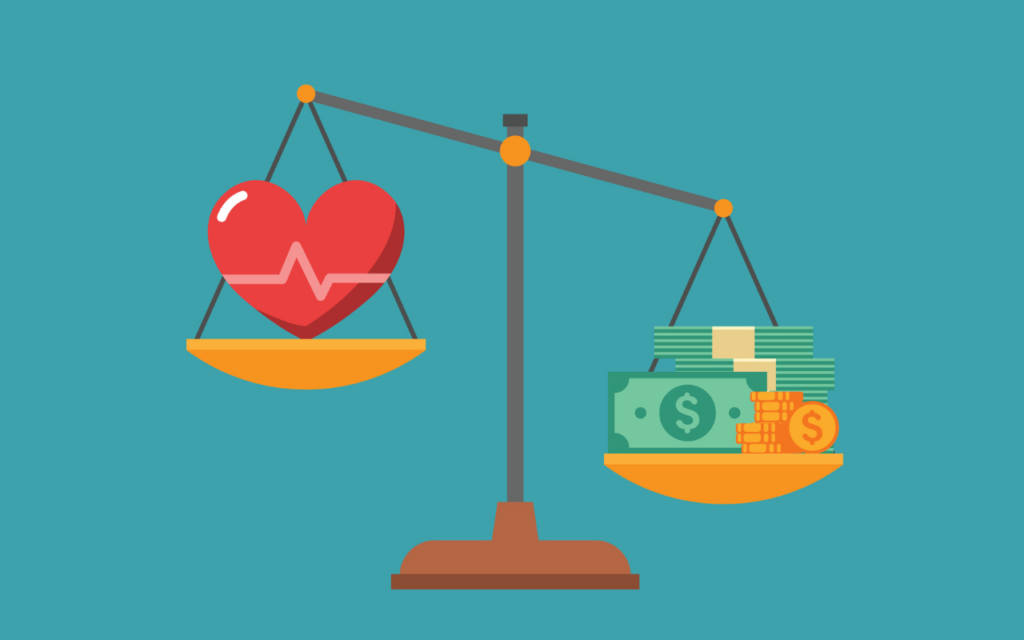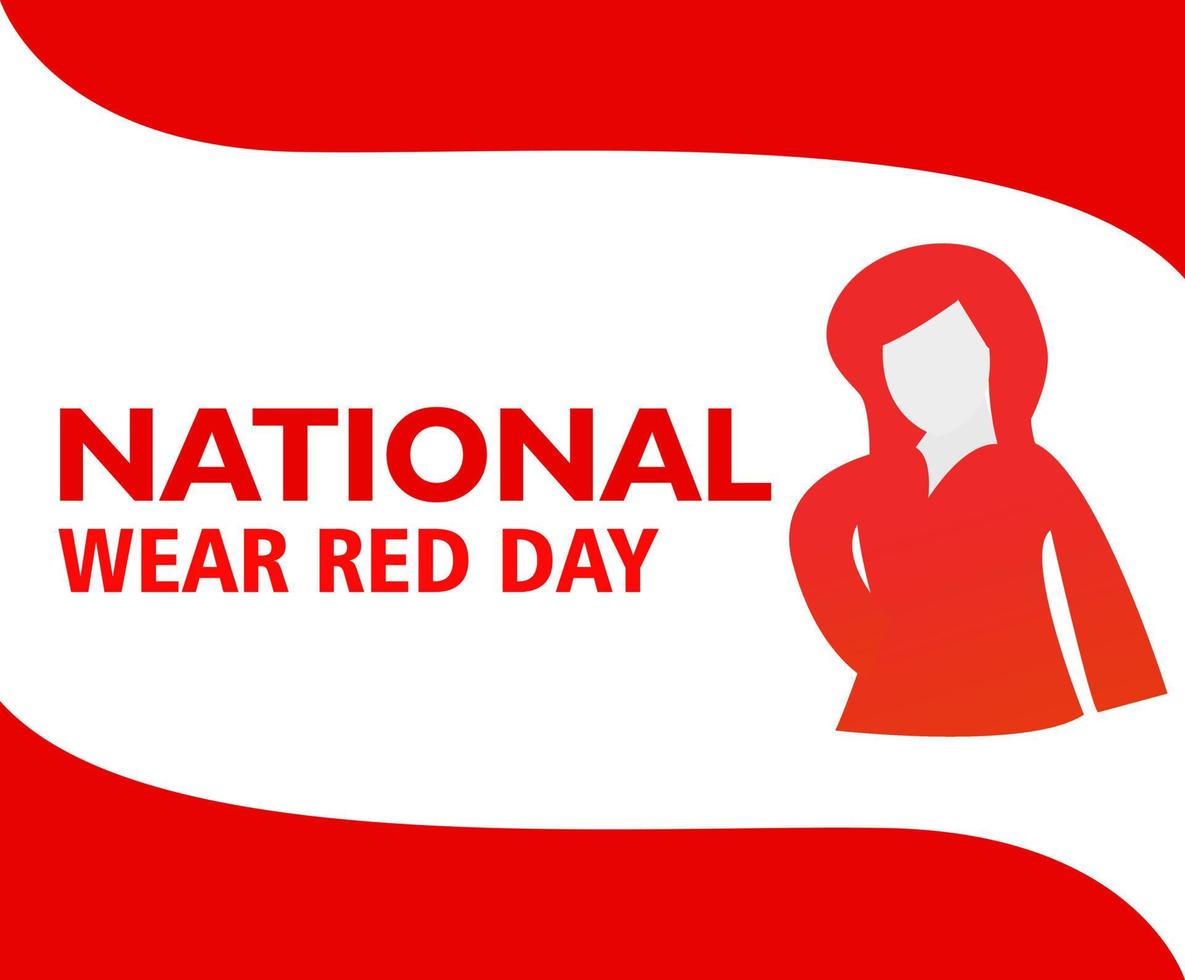Why Is Vitamin B12 Called the Energy and Blood-Boosting Vitamin?
Vitamin B12, also known as cobalamin, is a powerhouse nutrient essential for your body’s energy levels and blood health. This unique vitamin contains cobalt, which is a rare component in biological molecules, and plays a critical role in some of the most vital processes in your body. From supporting the production of red blood cells to maintaining your nervous system, vitamin B12 has earned its title as the “energy and blood-boosting vitamin.” Let’s explore why it’s so important, how it works, and how you can ensure you’re getting enough.
How Does Vitamin B12 Boost Blood Health?
One of the most well-known roles of vitamin B12 is its involvement in red blood cell production. Without enough B12, your body cannot produce healthy red blood cells, which are responsible for transporting oxygen to tissues and organs. A lack of B12 can cause the cells to become abnormally large and misshapen, leading to a condition called megaloblastic anemia. This condition results in fatigue, weakness, and pale skin, as your body struggles to get the oxygen it needs.
Why Is Vitamin B12 Important for Energy?
Vitamin B12 helps convert the food you eat into energy by aiding in the breakdown of fats, proteins, and carbohydrates. This process provides fuel for your cells, keeping you active and alert throughout the day. If your B12 levels are low, you might feel tired, sluggish, or unable to focus—classic signs of low energy caused by a deficiency.
Other Key Benefits of Vitamin B12
In addition to its blood and energy-boosting properties, vitamin B12 also plays a crucial role in:
Nervous System Health: It helps produce myelin, a protective coating around nerves, ensuring efficient communication between the brain and the rest of the body.
DNA Production: Vitamin B12 is essential for creating and repairing DNA, the genetic blueprint in all your cells.
Heart Health: It helps lower homocysteine levels, an amino acid linked to an increased risk of heart disease.
Mental Clarity: Adequate B12 levels support memory, focus, and mood, reducing the risk of cognitive decline.
Best Sources of Vitamin B12
Your body doesn’t make vitamin B12 on its own, so you must get it from food or supplements. Here are the best dietary sources:
1. Meat: Beef, liver, and pork are rich in B12.
2. Seafood: Salmon, tuna, trout, and shellfish like clams and crabs are excellent sources.
3. Dairy Products: Milk, cheese, and yogurt contain moderate amounts of B12.
4. Eggs: Especially the yolks, which provide a good dose of B12.
5. Fortified Foods: Many cereals, plant-based milk, and nutritional yeast are fortified with B12, making them a great option for vegetarians and vegans.
What Happens If You Don’t Get Enough B12?
A vitamin B12 deficiency can lead to several health issues, including:
Megaloblastic Anemia: This condition causes fatigue, weakness, and difficulty concentrating due to improperly formed red blood cells.
Nerve Damage: A prolonged deficiency can damage nerves, causing numbness, tingling, and even loss of balance.
Mental Health Problems: Low B12 levels are linked to depression, memory loss, and confusion.
Digestive Issues: A lack of B12 can cause appetite loss, nausea, and weight loss.
Developmental Problems in Babies: Pregnant women with low B12 levels risk having babies with neural tube defects.
How to Maintain Healthy B12 Levels
1. Eat a Balanced Diet: Include B12-rich foods like meat, fish, eggs, and dairy in your meals.
2. Consider Supplements: If you’re vegan, vegetarian, or have absorption issues, B12 supplements can help.
3. Get Regular Checkups: If you suspect a deficiency, consult a healthcare professional to test your levels and recommend treatment.
Conclusion
Vitamin B12 is truly a blood and energy booster, essential for keeping your body functioning at its best. Whether it’s powering your cells, supporting your nervous system, or helping you feel energized, this vital nutrient plays an irreplaceable role in your health. Make sure to include B12-rich foods in your diet or consider fortified options and supplements if needed. Taking care of your B12 levels is an easy step toward better energy, sharper focus, and overall well-being.



